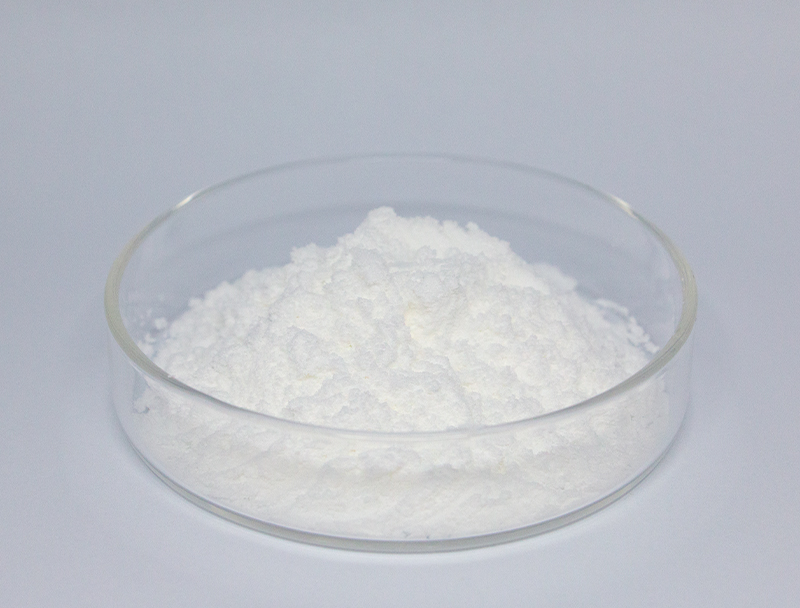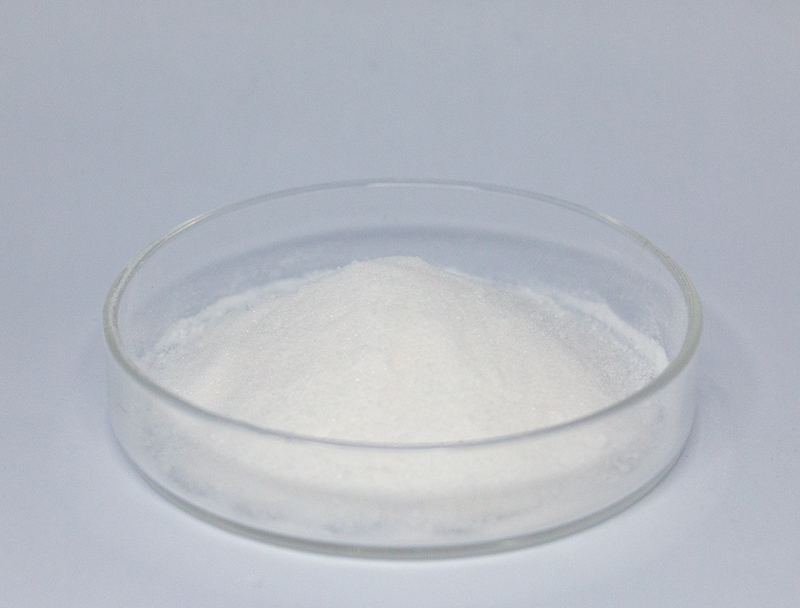
Biotech manufacturing draws predominantly from a diverse spectrum of feedstocks for generating cutting-edge biobased goods.
Securing sustainably sourced materials underpins enduring viability and ethical market growth.
various risks tied to conventional feedstock acquisition such as soil erosion and unchecked resource extraction. Accordingly, manufacturers should embrace green sourcing tactics to shrink their ecological impacts.
- Cases of responsible feedstock strategies feature:
- Integrating compostable agricultural waste into supply chains
- Adopting looped production models to decrease loss and amplify reuse
- Forging alliances with neighborhood suppliers supporting green sourcing
The transition to greener sourcing offers both planet-friendly outcomes and business advantages.
Upgrading Feedstock Traits for Better Biofuel Performance
Improving fuel production performance hinges on the attributes of biomass inputs. Experts maintain efforts to discover ways to maximize feedstock value, creating higher productivity and an eco-friendlier fuel landscape. Initiatives integrate bioengineering to scale biomass production and pretreatment workflows to free fermentable sugars.
- Moreover, investigations target novel feedstocks like microalgae, municipal residues, and field residues to widen the pool of renewable biomass for biofuel use.
- By means of ongoing innovation the biofuel sector can achieve substantial advances soon, shaping a cleaner energy future.

Upstream Process Improvements for Modern Biopharma Production
involves foundational activities from cultivation to biomass harvest Recent advances in this domain have led to improved production processes, ultimately increasing product yield.
Meaningful breakthroughs include engineered cell strains, enhanced culture formulations, and modular reactor designs. Such breakthroughs boost efficiency and simultaneously reduce manufacturing costs and carbon burdens.
- Additionally, a shift to integrated continuous operations is providing enhanced flexibility and responsiveness in production.
- This shift towards more sophisticated biopharmaceutical manufacturing methods promises to revolutionize the industry and pave the way for faster development of novel therapeutics.

Innovations in Gene Editing for Improved Biopharmaceutical Yield
developments in targeted genetic engineering methodologies have modernized drug manufacturing. By accurate genomic tuning, developers enhance yields of critical biopharmaceuticals. The strategy paves the way toward accessible, high-yield therapeutics across disease spectra.
Applying Microbial Tools to Improve Environmental Remediation
advanced microbe-driven remediation methods to treat contaminated α-Ketoglutaricacid sites sustainably. Certain microbes have capacities to biotransform contaminants into nonharmful forms.. Leveraging microbial biotransformation promotes sustainable remediation that curbs industrial environmental impacts.. Scientists are actively exploring a wide range of microbial species with diverse metabolic capabilities to target various pollutants, including heavy metals, pesticides, oil spills.. These microbes operate in engineered systems or direct environmental applications to metabolize and remove contaminants.
Employing microbial strategies for remediation provides multiple benefits versus traditional techniques. It is a cost-effective and environmentally friendly approach that minimizes the generation of harmful byproducts. Additionally, microbial tactics can target contaminants selectively while preserving surrounding ecological systems. Research efforts persist to upgrade the potency and implementation of microbial remediation strategies.
Informatics-Driven Strategies for Drug Design
Bioinformatic tools play an increasingly crucial role in the modern landscape of drug discovery and development. From target selection to safety profiling, bioinformatics empowers rapid, data-informed therapeutic design.
- With analysis of broad omics and clinical datasets, bioinformatic experts identify targets and model drug effects.
- Furthermore, computational modeling of drug–target interactions aids rational design of higher-performing therapeutics.
- Ultimately, informatics is transforming R&D and shortening timelines to deliver safe, efficacious therapies to patients.
Cell Factory Optimization for Higher Bioproduct Output
integrates multiple methods to augment cellular production of target bioproducts. Tactics can encompass genetic engineering to reconfigure metabolism, promoter modulation to adjust expression, and pathway insertion to enable new reactions.. Through careful adjustment of metabolic routes engineers can markedly elevate product titers.
This combined approach has capacity to change industries from drug manufacture to food production and bioenergy.

Barriers and Benefits When Expanding Biopharmaceutical Manufacturing
Expanding production volumes poses difficult barriers yet offers substantial opportunities. Ensuring product consistency at larger manufacturing scales represents a major hurdle. Managing it necessitates robust automation, high-fidelity monitoring, and powerful analytical capabilities.

One issue is the complexity of biopharmaceutical manufacturing processes, which often involve multiple steps.. Scaling optimization is a resource-intensive task that calls for substantial innovation and study.. Nonetheless, the advantages can be major. Skilled scaling can enlarge supply, lower prices, and increase profit potential.
Numerous initiatives aim to tackle these scaling challenges. They encompass new process-improvement tools, in-line analytics for continuous oversight, and creative manufacturing approaches.
- Product development and process R&D are pivotal to boosting production capabilities.
- Regulators are adapting frameworks to speed authorization of novel manufacturing approaches and spur innovation.
Charting Regulatory Pathways for Biologics to Safeguard Patients
Engineering biologic therapies includes robust governance to assure patient safety and measure effectiveness. Products of biological origin introduce specific challenges that differ from standard drug development.
Bodies like FDA and EMA shape the regulatory landscape and set benchmarks for evaluating innovative therapies..
Strict validation and testing steps are required across the product lifecycle from lab studies to post-market oversight.. These measures aim to identify potential risks and guarantee that biopharmaceuticals meet the highest levels of safety..
Additionally, regulators regularly update methods to match the pace of fast-moving biopharma innovations.. Measures involve adopting innovative technologies and enabling development acceleration without compromising patient welfare.

Harnessing Plant Feedstocks to Create Biodegradable Plastics
A stronger push for environmentally responsible materials is driving research into renewable options. Plant-based bioplastics made from biomass feedstocks present a hopeful path to reduced plastic impact. Organic feedstocks like cornstarch, cellulose, and sugarcane can be converted to compostable polymers that shrink the environmental footprint of plastics.
Likewise, some plant-derived plastics perform similarly to petroleum-based materials for a variety of uses.. Continuous development will unlock plant biomass value for sustainable bioplastic production and support circular systems.
Biotech Innovations Addressing Health and Food Challenges
Biotechnology has emerged as a powerful tool with the potential to revolutionize global health and address food security challenges. By applying gene editing, synthetic biology constructs, and cellular therapies, scientists create tools to fight disease, raise yields, and boost nutrition.. As an example, crop genetic improvements for pest and stress resistance help boost production and cut dependence on chemical pesticides.. Additionally, biotech enables faster vaccine development, novel antimicrobials, and precise diagnostics critical to infectious disease control and health improvement.. With persistent development, biotech stands to offer transformative solutions for global health and long-term food security.
 Calcium alpha-ketoglutarate
Calcium alpha-ketoglutarate